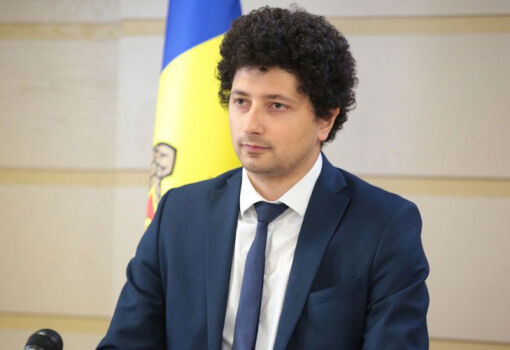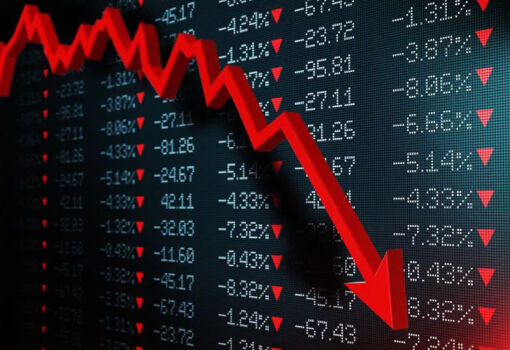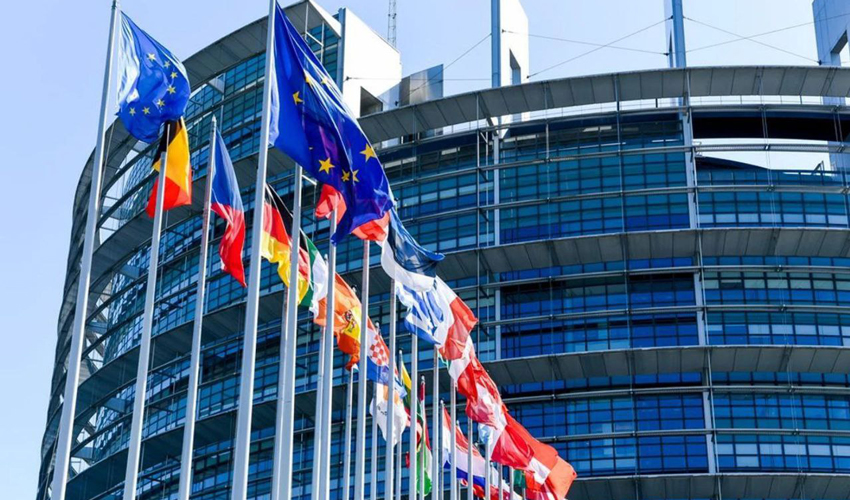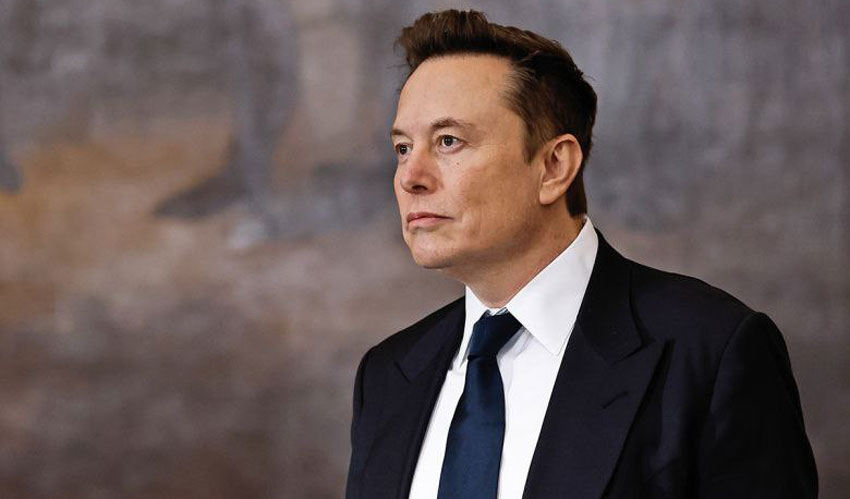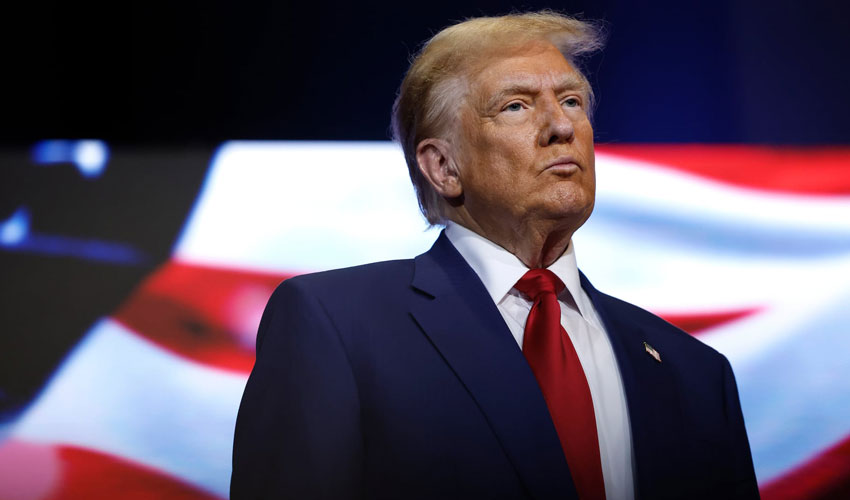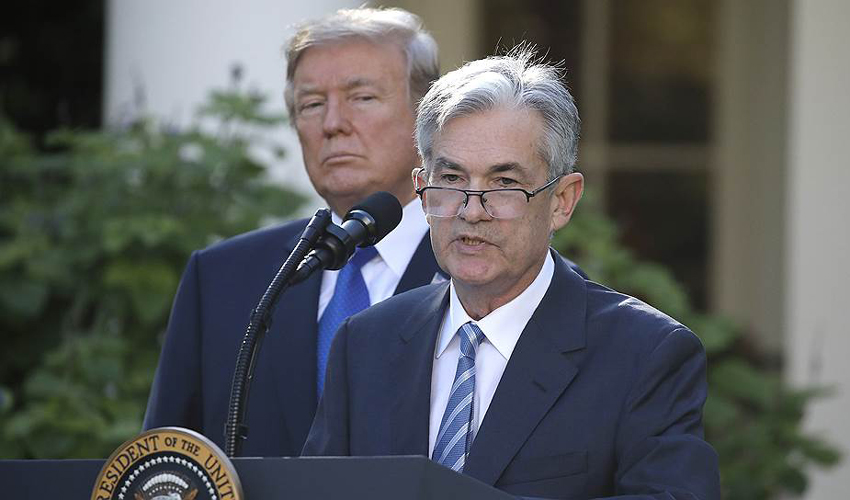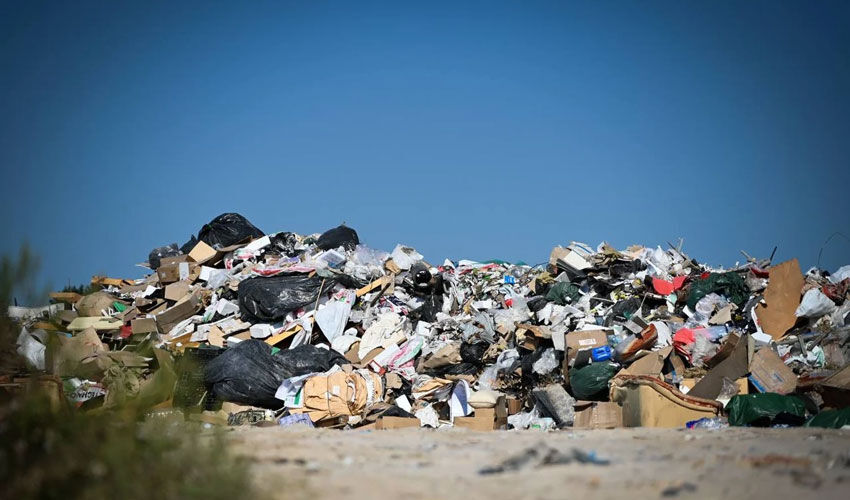
The relevant decree was adopted at a government meeting on September 10. The project envisages strengthening the Extended Producer Responsibility (EPR) system, a mechanism through which producers and importers are obliged to manage products after they become waste.
The document also establishes the responsibilities of all participants – local authorities, sanitation operators, companies and consumers – and provides for the transfer of financial and organizational management of waste from public authorities to producers.
The new rules apply to different types of products such as packaging, electrical and electronic equipment, batteries, tires and waste oil.
The authors of the document promise that the application of the rules will contribute to the reduction of waste disposal volumes, increase the degree of recycling and develop collection and recycling infrastructure in accordance with the “polluter pays” principle.
This topic has been discussed in Moldova for more than eight years. Various mechanisms of EPR implementation were proposed by the Economic Council under the Prime Minister, the Association of European Businesses, the Ministry of Environment, USAID, GIZ and other organizations.
So far, this activity is underdeveloped, despite the fact that importers and producers are regularly charged money for collection and recycling, and numerous organizations have been established to deal with it.








